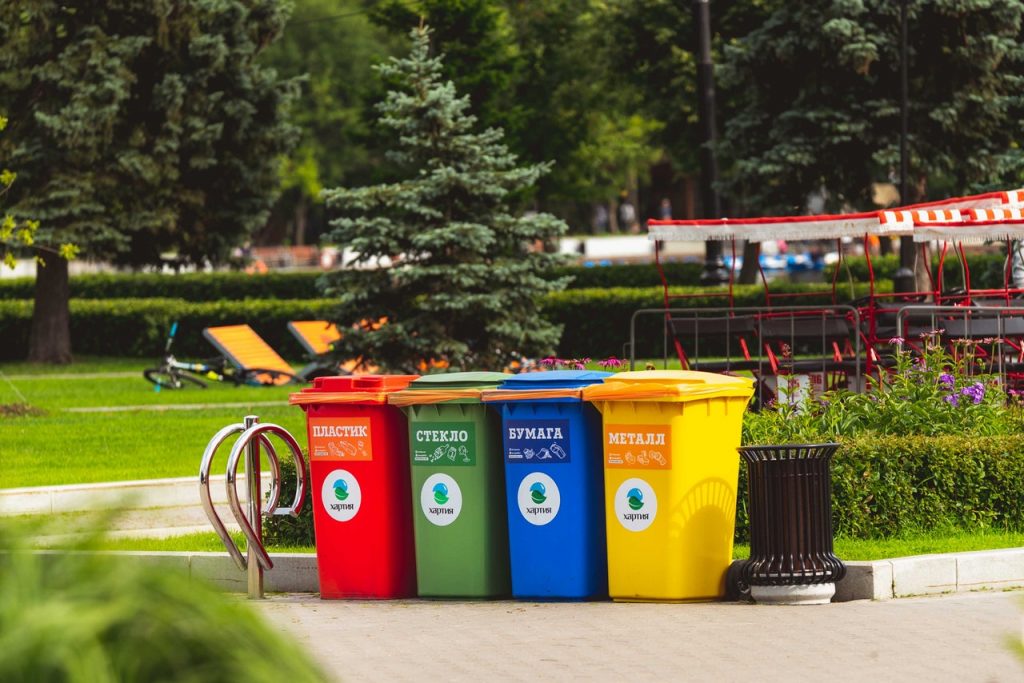Events tend to have a positive impact on the local economy and community. Smaller businesses might generate large proportions of their annual income during an event. However, besides the positive impact on the overall economy, events can also generate large amounts of waste. Therefore, organizers should start the planning process by creating a recycling and waste prevention plan to protect the local environment.
Here are 5 tips that can help event organizers recycle and reduce the amount of waste that is generated during an event:
1. Understand your waste
Identify the most common waste streams and prepare accordingly. A food carnival will certainly have different waste compared to a special event featuring livestock. Therefore, as an organizer, you should inform competent authorities and provide them with details about your upcoming event. They are the ones making sure that recyclables end up in the right place after the event. Examples of common types of waste are: plastic bottles; paper; cardboard; glass; food waste and general waste.

2. Educate your team and attendees
You should inform your participants on the where, what and whys of recycling. Train your volunteer staff and give them insights into effective recycling practices. Create a fun and challenging competition and reward your volunteers accordingly.
Inform your attendees about designated recycling areas in advance. You can send out newsletters and give brief instructions. Besides that, you can assign volunteers to offer assistance and assure that waste is sorted properly.
3. Vendors should use recyclable or compostable materials
It is important to assure that vendors use recyclable materials. They will be responsible for a large amount of the venue’s waste. Make it mandatory and include in the contract that adequate packaging and materials must be used by event vendors.
- Recyclable materials – these materials are reused and some examples include: aluminium and steel cans, cardboard, glass, newspapers and plastic bottles.
- Composting materials – it is a process that involves organic waste which can be used for different purposes. It gives back to the earth the materials that initially came from it. Examples of compostable materials include: fruits, vegetables, leaves, old wine and any biodegradable waste.
4. Print only necessary materials
Instead of printing out promotional materials and tickets, try to do that electronically. There are many platforms that provide solutions for that, Oveit being among them. For promotional materials, you can send out newsletters instead of brochures and flyers. However, in some situations, brochures and flyers prove to be more effective. If you decide to print, do that strategically. Do it on both sides and avoid blank spaces.
5. Clearly mark all containers for recyclables
Clear signage is essential to differentiate which materials can be recycled and where to put them. It would be a good idea to place signs high, so that your attendees can see them from distance. Use self-explanatory photos with universal symbols to assure that foreigners will have no trouble understanding the message. Besides that, provide written instructions in English and other relevant languages.
Communicate in advance with the local recycling service provider and request color-coded bins. Avoid placing recycling bins in separate areas, because it’s not convenient for your participants. Instead, place a recycle bin next to every trash can and use clear signage to differentiate them.

